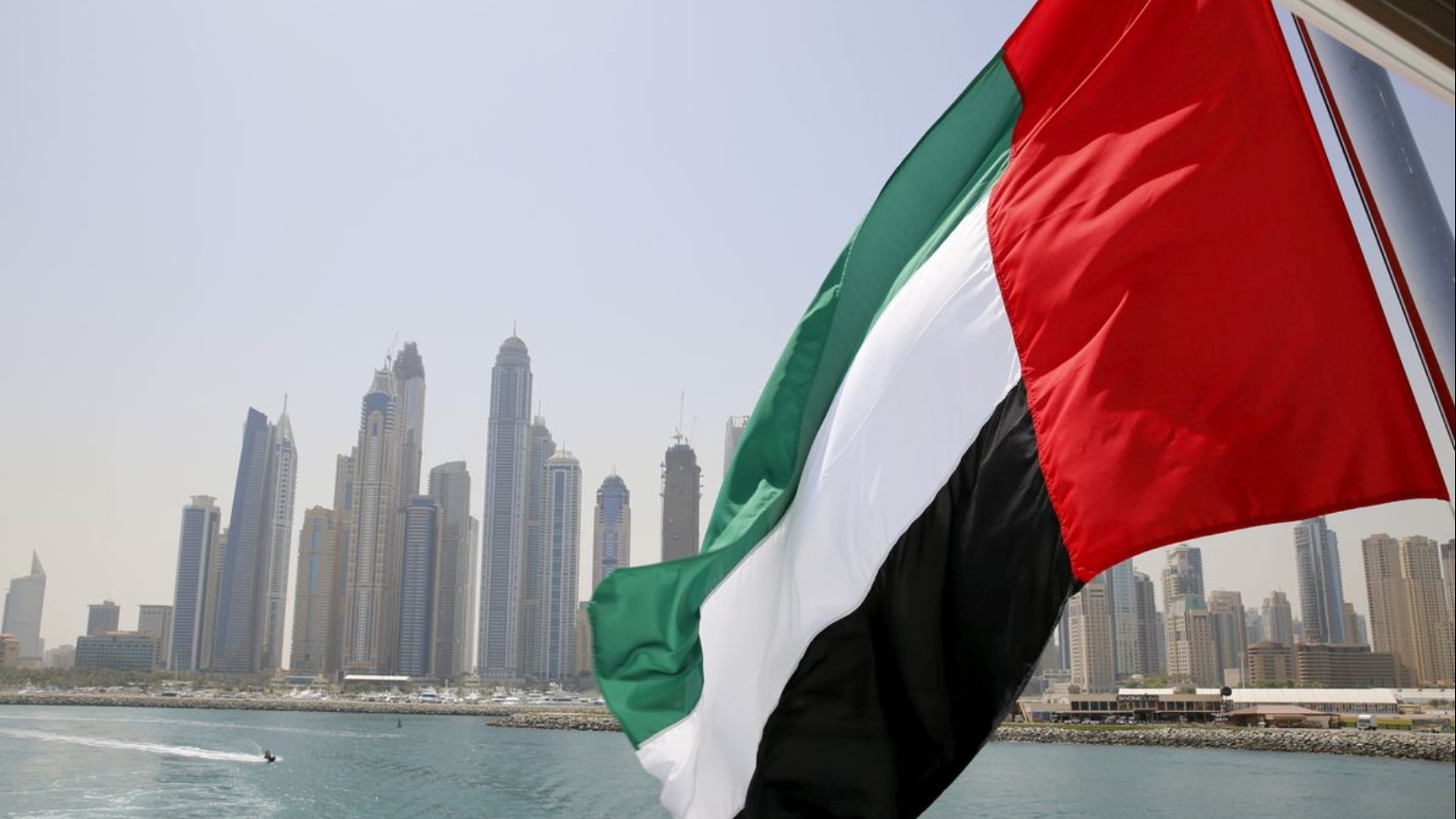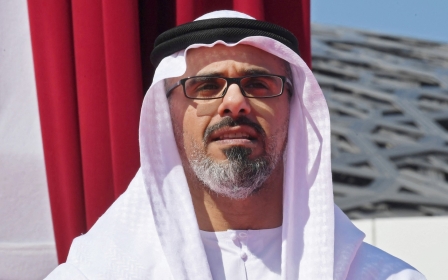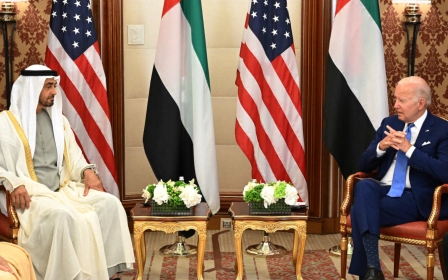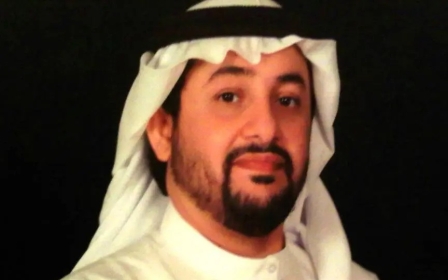'UAE94': UN says UAE should 'immediately' release men held past prison terms

The United Arab Emirates should immediately release 12 human rights activists, convicted in the country’s largest-ever mass trial, who have finished their prison terms, the UN has said.
In a report released on Friday, the UN’s Working Group on Arbitrary Detention said the men, who are part of what has been dubbed the UAE94 case, are being held arbitrarily.
The 2013 trial, held at the peak of the Arab uprisings and widely criticised by rights groups as grossly unfair, saw 94 lawyers, professors, activists, and students who had petitioned the government to institute democratic reforms tried for plotting to overthrow it.
The UN said it found the detention of the 12 men violated multiple articles of the Universal Declaration of Human Rights.
"The appropriate remedy would be to release all the 12 individuals immediately and accord them an enforceable right to compensation and other reparations, in accordance with international law," it said.
New MEE newsletter: Jerusalem Dispatch
Sign up to get the latest insights and analysis on Israel-Palestine, alongside Turkey Unpacked and other MEE newsletters
The UAE did not respond to the findings within a 60-day limit, nor did it respond immediately to MEE's request for comment.
UAE authorities have previously said the allegations that the men were held beyond their prison terms were unsubstantiated and false.
'Nobody can speak'
Last month, rights activists and prisoners' families said more than 50 people convicted in the trial or in related cases have been held past their sentences for months and years.
One man, Abdullah al-Helou, was sentenced to three years and finished his term in 2017, but remains behind bars.
Also last month, Khalaf al-Romaithi, who was convicted in the UAE 94 trial in absentia and had been living in exile in Turkey, is believed to have been extradited to the UAE from Jordan on a warrant issued at the UAE's request.
'We think that the UAE is willing to keep them in prison until they die'
- Hamad Al-Shamsi, Emirates Detainees Advocacy Center
Hamad al-Shamsi, executive director of the Emirates Detainees Advocacy Center (EDAC), said without international pressure on the UAE, he doesn't believe the prisoners will be released.
"We think that the UAE is willing to keep them in prison until they die," Shamsi told MEE on Friday. "There is no force or any pressure. The community inside the UAE is very weak. Nobody can speak."
The Cop28 climate conference, which the UAE will host in November, could be an opportunity for such pressure, he said, while also warning that holding the event in the country "puts all activists at risk".
According to the Financial Times, some speakers have already been warned not to protest with written guidance that cites the UAE's laws, and that "disruptive protesting" would be handled by local authorities.
A UAE Cop28 spokesperson told the Financial Times that conference organisers would ensure "there are safe spaces where all voices may be heard".
Meanwhile, Shamsi said the extended detentions of the prisoners are difficult on their families, some of whom now live abroad so have no contact with their relatives, and some in the UAE who are only allowed sporadic prison visits since Covid19.
"It is very disturbing," he said. "This is a kind of torture they are not only putting on the detainees. They are also torturing the family because they are waiting for their detainee."
Middle East Eye delivers independent and unrivalled coverage and analysis of the Middle East, North Africa and beyond. To learn more about republishing this content and the associated fees, please fill out this form. More about MEE can be found here.




